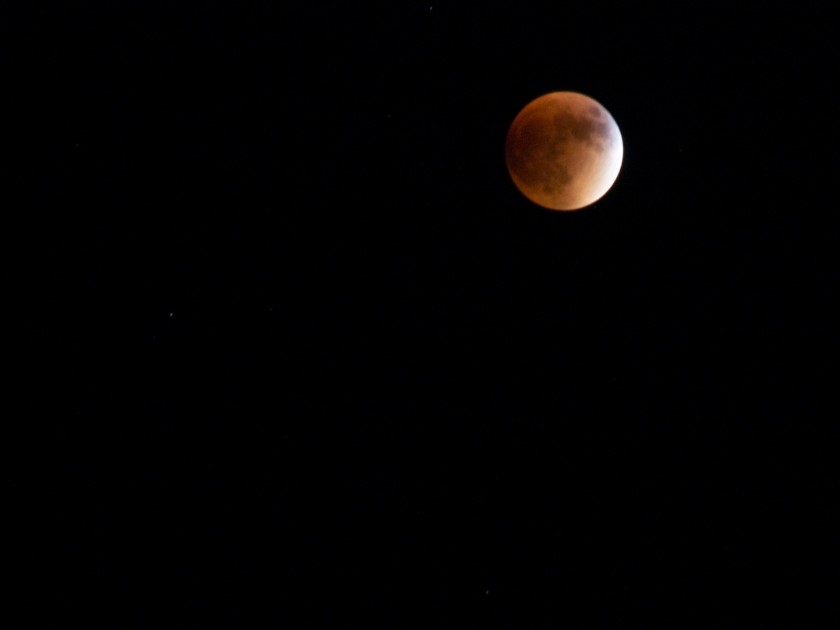So we start in Monticello, then, you and I on this imaginary journey through the way your life traveled. Georgia, where the mud is as red as blood and the sun sinks in a great glowing ball of fire behind the tightly-ranked dark-coated trees that huddle close to the meandering roads and shoulder out the sky. It’s early summertime, perfect for a road trip. I am only a speck of your future, riding along in your cells. Maybe I’ve been there all along.
The thick layers of humidity permeate the walls, awakening the musty smell of swamp and damp wood, and even seem to extend to the slow voices of Southern people and the veiled layers of politeness, straight-faced sarcasm, and backstabbing. “Well, bless your little heart,” they say, and their eyes speak other words. Who let them in here? They say with their mouths closed tight in prim little lines. Here the black and white lines are as deep and permanent as the lines in the farmer’s faces. Here, the music does stop if you walk into the wrong bar and eyes roll at you. Didn’t you know? This place is not for you, white girl. This restaurant is not your kind of place, black boy. There are modern times with a black President, and then there is the South. Mom had a black nanny from the time she was a child, Lucy, who took care of her when her mother was at work, and who finally took care of her mother when she grew old and lived alone with no one near to help. She had a family of her own, somewhere and somehow, but my mother only knew the Lucy who was a staple of her white family.
My only memory of Lucy was being too young to walk into what must have been her church, and she carrying me in, and many black singing faces coming down close to my own, smiling; them passing me around and pinching my cheeks. Lucy told me not to tell Granny, just to keep it to ourselves. I don’t think she believed I knew where I was, being just a toddler. I never forgot, though.
The heat is so oppressive here in the Peach State that even the buzz of cicadas seems sluggish, difficult. Sweat drips down your back and soaks a round spot onto the driver’s seat at the base of your spine. The mosquitoes attack the windows, big as moths and thirsty for blood.




